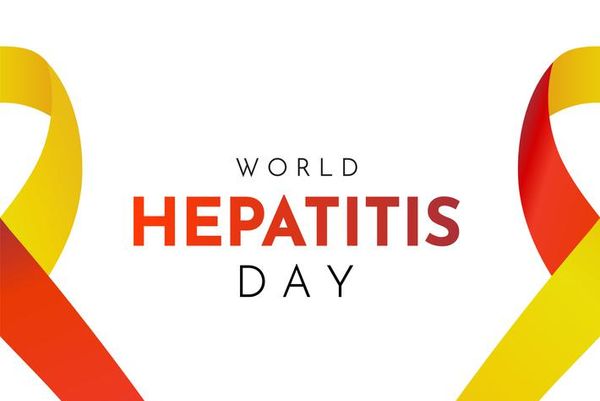Designed by Elizabeth Gething
Hepatitis is inflammation (swelling) of the liver, which performs important jobs such as filtering your blood and fighting infections. Hepatitis can be caused by viruses as well as heavy alcohol use, certain toxins, some medications and certain medical conditions.
The three most common types of hepatitis in the United States are A, B and C. All 3 are caused by a virus.
Symptoms of hepatitis A, B and C are similar. They include:
- Tiredness
- Fever
- Loss of appetite
- Upset stomach/throwing up
- Dark-colored pee
- Light-colored poop
- Stomach pain
- Jaundice (yellowing of the skin and eyes)
Many people with viral hepatitis never have symptoms.
Hepatitis A:
- Is highly contagious
- Spreads when a person eats or drinks food contaminated by the virus, or has close contact with an infected person
- Does not usually cause long-term liver problems
- Usually goes away after a few weeks
- Can cause liver failure or death in rare cases
- Is preventable with a vaccine
Who should get the hepatitis A vaccine?
- Kids ages 12-23 months (or up to age 18 if not previously vaccinated)
- People at higher risk, including:
- Those with liver problems or HIV
- International travelers
- IV drug users
- Sex partners of people with hepatitis A
- Men who have sex with men
Hepatitis B:
- Spreads through sexual contact, direct contact with the blood or open sores of an infected person, sharing needles, or from mother to child at birth
- Can be a short-term (acute) or long-term (chronic) infection, depending mostly on age — it's much more likely to be chronic in babies than adults
- Can lead to liver disease, liver failure and death when chronic
- Can’t be cured, but can be managed with medication
- Is preventable with a vaccine
Who should get the hepatitis B vaccine?
- All infants
- Unvaccinated kids under age 19
- Adults ages 19 to 59
- Adults over 60 who are at higher risk, including:
- IV drug users
- Healthcare workers
- People who live with someone who has hepatitis B
- People who are on dialysis
- Sex partners of people with hepatitis B
- Men who have sex with men
⚠️ An estimated 68% of people with chronic hepatitis B don’t know they’re infected.
Hepatitis C
- Spreads through IV drug use and from mother to child at birth
- Is common among people with HIV who also inject drugs
- Often has no symptoms
- Causes a chronic infection that can cause serious health problems, and even death
- Curable with medications called direct-acting antivirals (DAAs)
- Is detectable with a simple blood test
- Is not preventable (no vaccine exists)
The Centers for Disease Control and Prevention (CDC) recommends hepatitis C screening for all adults and pregnant women during each pregnancy.
Who should get tested for hepatitis C?
- Universal screening is recommended for all adults ages 18 to 79 and pregnant women during each preganncy
- One-time testing is recommended for the following groups:
- People with HIV
- People with certain medical conditions, including those who have received hemodialysis
- IV drug users (past or current)
- People with liver problems
- Healthcare personnel who may have been exposed
- People who have gotten transfusions or organ transplants
- Children born to mothers with hepatitis C
- Routine testing is recommended for people with ongoing risk factors
Questions about viral hepatitis? Reach out to your healthcare provider or local public health clinic.
This resource was created with support from Merck.
- 10 Vaccines Adults Should Get - HealthyWomen ›
- What You Need to Know About Viral Hepatitis - HealthyWomen ›
- Hepatitis - HealthyWomen ›








